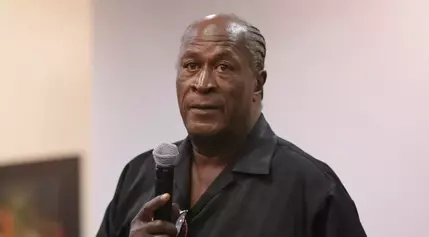The Battle for Childhood Freedom: A Growing Concern
Children need a certain degree of freedom to grow into independent, responsible adults. However, in many places, this normal level of freedom is under attack. High-profile cases have brought this debate to the forefront, highlighting the need to reevaluate our approach to childhood.
Preserving Childhood Freedom in a Changing World
Case Studies: Heather Wallace and Her 8-Year-Old Son
In Texas, Heather Wallace faced severe consequences for making her 8-year-old son walk half a mile home after misbehaving in the car. She was jailed and charged with placing her child in imminent danger, even though it was in a very safe neighborhood. This incident sparked a heated debate about the appropriate level of freedom for children.Another mother, Kay Eskridge in Kentucky, was shocked when her 8-year-old daughter was questioned by police for being outside in her own neighborhood. These cases show how the perception of what is acceptable for children's freedom has changed.The Brittany Patterson Incident
Brittany Patterson, a Georgia mother, was arrested in front of her family for allegedly endangering one of her children. She had left her 11-year-old son home alone while she took an older child to a doctor's appointment. The boy walked less than a mile into town and was picked up by police. This case has supercharged the debate on childhood freedom.The Impact of Businesses on Childhood Freedom
Businesses often bar unsupervised children, even older teens, from their premises. At the Southpoint Mall in Durham, everyone who isn't a legal adult must be supervised on weekend evenings. A 17-year-old can't even meet up with friends or sit in the food court without a parent chaperone. This eliminates the freedom that many teens once had.The Skills Learned from Childhood Adventures
When adults look back on their childhood, they remember adventures in the woods, going to the movies with friends, exploring abandoned buildings, and getting into small troubles. These experiences help children learn important skills such as problem-solving, conflict resolution, and overcoming fears.The Impact of Sheltered Childhood on Mental Health
NYU professor Jonathan Haidt has shown that the sheltered childhood with excessive screen time and constant adult supervision has created a neurotic generation. Anxiety, depression, and suicide rates are on the rise among America's children. They are unable to cope with emotions and solve challenges on their own.The Harm to Parents
Parents, especially mothers, are being harmed by this trend. Their reasonable parenting decisions are being questioned and criminalized. Nosy neighbors and overzealous law enforcement are contributing to this problem.The Fight for Childhood Freedom
Lenore Skenazy, the founder of the "Free-Range Kids" movement, is fighting back. Her website LetGrow.com encourages parents, law enforcement, and schools to give children the freedom they deserve. Many states are passing laws to protect children's independence, and North Carolina could consider following suit.Kids need to be able to explore and learn from their experiences. By protecting their freedom, we are helping them become strong, independent adults who can face the challenges of the real world.




































































































